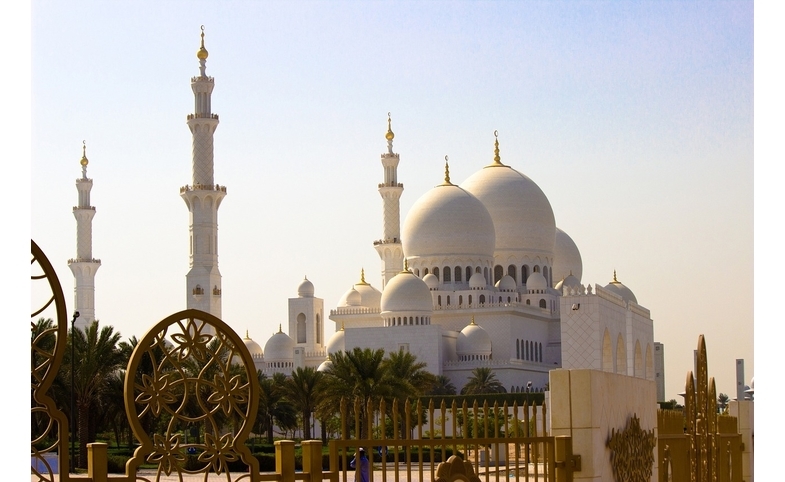The term “soft power” has gained global prominence over the last two decades. A whole series of recent global events seem to show how it is hard, not soft, power that states are turning to to pursue their national interests...
KEEP READING
China's Familiar Middle Eastern Policy
Even as China tries to set itself apart from the U.S. in rhetoric, it's policy is emulating Washington's approach. And the country's soft power is taking the hit, notes Massoud Hayoun at The Diplomat. He examines Chinese policy in the Middle East, where Beijing’s economic clout has come to rival the United States’.
“The Arab criticism of the U.S. role is that relations are premised almost entirely—and precariously—on oil and counterterrorism.” Initial relations with China, which promised noninterference and a strong marketplace, were full of hope for an alternative to the U.S. model.
But recently, China’s approach has become chillingly familiar. From expressing support over the controversial Saudi-led coalition’s involvement in Yemen, to backing a two-state solution to the Israeli-Palestinian conflict, to blocking four UN resolutions on the ongoing bloodshed in Syria, Chinese involvement has provoked ire and disillusionment across the Middle East.
Even as China ascends to a greater power role in the region, its soft power is plummeting. “As far as Arabs are concerned, Beijing has done little but reinvent the U.S. model of global dominance.”
The full article is available here.
Photo by Tobias Brockow I CC 0
Visit CPD's Online Library
Explore CPD's vast online database featuring the latest books, articles, speeches and information on international organizations dedicated to public diplomacy.
Popular Blogs
-
January 29
-
January 20
-
January 28
-
January 2
-
January 8











